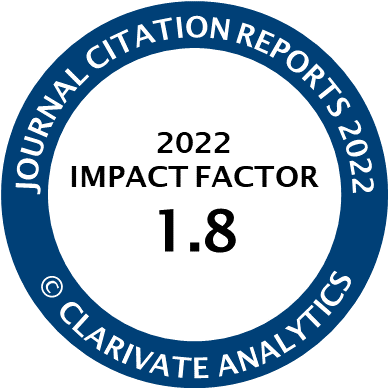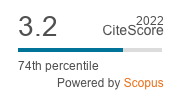Article | Open Access
Frustrating Beginnings: How Social Ties Compensate Housing Integration Barriers for Afghan Refugees in Vienna
| Views: | 1821 | | | Downloads: | 1798 |
Abstract: In this article, we present findings from a recent (2017–2018) qualitative survey on the integration of Afghan refugees in Vienna. Vienna is by far the largest city in Austria with a diversified labour and housing market and a multi-faceted (migrant) economy. It doubtlessly is the most attractive ‘arrival city’ in Austria. Moreover, Vienna has received the bulk of refugees during the so-called ‘refugee crisis’ of 2015–2016 and before. The analysis will focus on Ager and Strang’s (2008) argument, which characterizes housing as a core domain in integration. Housing constitutes a potential means of supporting integration into domains other than the labour market. In the process of housing integration, researchers (Aigner, 2018; Borevi & Bengtsson, 2015) have emphasized the relevance of refugees’ social ties with family and co-ethnic groups, whereas the importance of inter-ethnic networking with members of the receiving society remains insufficiently explored. The majority of the 65 interviewees had emphasized the importance of refugees’ social ties for their efforts towards structural integration. This analysis therefore aims at describing Afghans’ challenging access paths into the local housing market, and the outstanding compensatory relevance of social ties in this process. Thus, we can identify special constraints (e.g., ‘Afghanophobia,’ exploitative conditions) and coping strategies of this under-researched ‘newcomer’ group of refugees in Austria.
Keywords: Afghan refugees; housing market integration; integration challenges; social networks; social ties
Published:
© Josef Kohlbacher. This is an open access article distributed under the terms of the Creative Commons Attribution 4.0 license (http://creativecommons.org/licenses/by/4.0), which permits any use, distribution, and reproduction of the work without further permission provided the original author(s) and source are credited.




